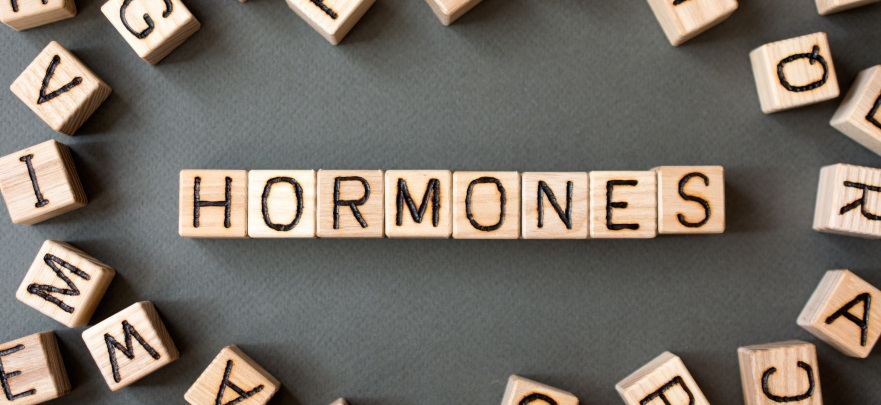HOW MANY WOMEN HAVE YOU SPOKEN TO LATELY WHO FEEL FABULOUS – BALANCED, RESTED AND READY TO CONQUER THE WORLD?
Probably none and/or very few. I treat many women of all ages each year and hear the same things every day: “I have no energy; I can’t sleep; I’m so stressed; I can’t lose weight!”
Most people blame their hormones and they would be right in part. These may all be related to hormones or hormone imbalance. But how do we know which hormones are imbalanced, and what symptoms tell us this?
Hormones are messengers – they are a chemical that causes an effect or activity to happen in another part of the body. When we think of hormones, we usually think of our sex hormones oestrogen, progesterone and testosterone, BUT, we forget there are also other hormones in the body such as thyroid stimulating hormone (that affects thyroid), insulin (that controls blood sugar), cortisol (the stress hormone), serotonin (the mood hormone), melatonin (the sleep hormone), as well as many others, and these all have a big impact on our body.
Apart from PMS, heavy periods, irregular periods, painful periods and lack of periods some common symptoms of hormones being out of balance may be:
- Persistent weight gain
- Belly fat
- Fatigue
- Anxiety, depression and irritability
- Low libido
- Poor sleep
- Cravings
- Flushing and night sweats
- Hair loss
- Infertility
These symptoms can be linked to other physical and health issues as well, so it’s a good idea to work with your health care provider to explore these.
So why do they go out of balance? What causes this? Well, it could be one, or a number of things, such as stress – this is a big one, liver function, diet, gut function, nutrient deficiencies, lifestyle choices, your age, your DNA, being overweight, or the impact of xeno-oestrogens to name a few. So, lots to consider.
If you would like to explore why you are feeling the way you do then call the Centre on (08) 9341 3020 to make an appointment. We also offer 15-minute complimentary assessments which provides you with an opportunity to explore our Naturopathic approach to your health concerns before committing.
REFERENCES
- Andersson H, Rehm S, Stanislaus D, Wood CE. Scientific and regulatory policy committee (SRPC) paper: assessment of circulating hormones in nonclinical toxicity studies III. female reproductive hormones. Toxicol Pathol. 2013 Aug;41(6):921-34. doi: 10.1177/0192623312466959. Epub 2013 Jan 18. PMID: 23334695.
- Arlt W, Hewison M. Hormones and immune function: implications of aging. Aging Cell. 2004 Aug;3(4):209-16. doi: 10.1111/j.1474-9728.2004.00109.x. PMID: 15268754.
- Kotronoulas G, Stamatakis A, Stylianopoulou F. Hormones, hormonal agents, and neuropeptides involved in the neuroendocrine regulation of sleep in humans. Hormones (Athens). 2009 Oct-Dec;8(4):232-48. doi: 10.14310/horm.2002.1239. PMID: 20045796.
- Hiller-Sturmhöfel S, Bartke A. The endocrine system: an overview. Alcohol Health Res World. 1998;22(3):153-64. PMID: 15706790; PMCID: PMC6761896.
- Schwartz ET, Holtorf K. Hormones in wellness and disease prevention: common practices, current state of the evidence, and questions for the future. Prim Care. 2008 Dec;35(4):669-705. doi: 10.1016/j.pop.2008.07.015. PMID: 18928825.


